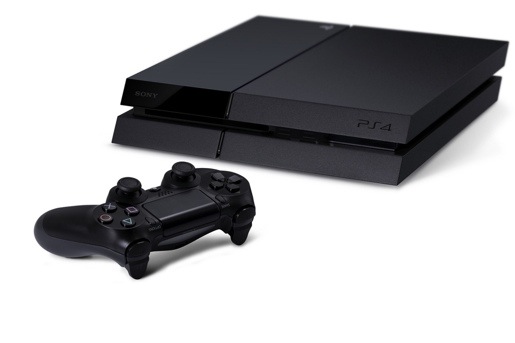This generation, EA has trailed behind Activision in just about every way. In sales, good will (though only slightly), and the ability to create (and exploit) multiple franchises, EA has played second banana and caught nothing but heat for their trouble. As a symptom of that power dynamic — and of Sony’s role as The Console On Which You Probably Don’t Play Call of Duty — EA threw their marketing weight behind the Japanese manufacturer. Franchises like Battlefield saw timed exclusivity deals on PlayStation, mimicking Activision’s with Call of Duty and Xbox 360.
That relationship took a noticeable turn at Microsoft’s Xbox One announcement, however. Suddenly, EA was promising exclusive bonus content (timed and otherwise) for some of its major franchises, such as the aforementioned Battlefield and the perennial, international giant, FIFA, to Sony’s rival.
At the time, I believed this to be a sign of EA continuing to try ever harder to be Activision. Call of Duty essentially defined this generation, and most of that happened on Xbox 360. Perhaps EA thought it could steal some of that magic by chasing the same audience?
Now, of course, it seems clear what happened: EA is taking measures to punish Sony for allowing the buying, trading, and selling of used games without even optional restriction. EA (and ironically Sony) led the charge against used games this generation with online passes. And, just as the industry prophesied before the event, they’re not happy with used games remaining unrestricted. This is EA’s attempt to stop Sony “getting away with it,” and now that its perceived power has been unmasked, it simply rings hollow.
EA is the Western poster child for publishers backing themselves into over-budgeted corners on nearly every major project. By insisting used games are the reason these bloated whales sink, even now, the publisher telegraphed a continued unwillingness to adjust its business practices. That means EA, and companies like it, can’t afford to stop publishing games on as many major consoles as possible to recoup their investments, as doing so would mean immediate financial defeat. The nuclear response is not an option.
The only card left to play lies in bonus content and timed exclusivity, and, based on the responses to EA and Sony’s respective actions, it’s clear PlayStation made the more impactful choice.
While EA was trying to flip the dynamic between itself and Activision, it allowed itself to be overtaken completely by console manufacturers. Sony saw this and seized the opportunity to deal its own direct rival a knockdown blow, while Microsoft allowed fear of a perceived power, and its own greed make it look like a mustache twirling villain.
Meanwhile, Activision isn’t sweating a thing. It already holds the top position for this generation, and if the first look at Destiny during Sony’s briefing is any indication, the future, too. Why shouldn’t Activision throw PlayStation gamers a bone when it’s already has the most bought and played game on Microsoft’s console? Activision stands only to gain from adding Sony to the fold with its Bungie propelled trojan horse. At the same time, Sony’s courtship of indie and smaller, downloadable games means greater access to developers that never had to fear used game sales in the first place, not to mention more reasonable budgets and expectations.
Sony called the biggest bluff of this generation, and the dividends paid in good will are staggering. Now it only remains to be seen whether or not the average consumer will notice.


No Comments